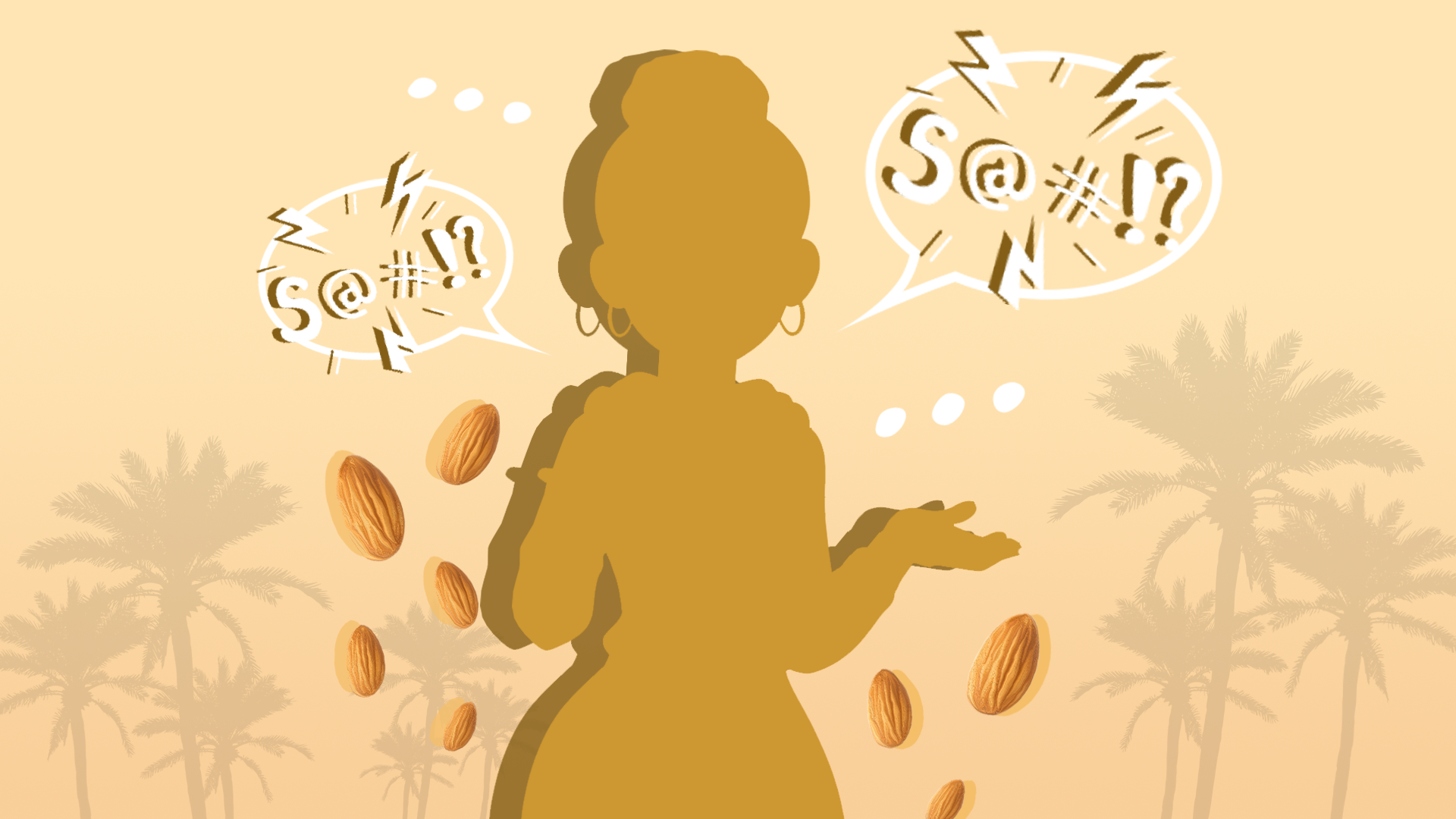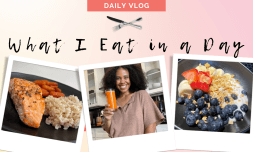How the fascination with our mothers’ diets has permeated social media and changed the way we think about food.
There are few social trends as pervasive as the ‘almond mum’. She’s slim, she’s usually wearing yoga leggings, she shops at Whole Foods. And according to the thousands of videos featuring self-proclaimed ‘almond mums’ on TikTok, we can’t get enough of her.
The term ‘almond mum’ traces back to a viral moment on The Real Housewives of Beverly Hills in which Yolanda Hadid advised her daughter, model Gigi Hadid, to ‘have a couple of almonds’ when she felt weak from hunger.
Yolanda’s comments came after a series of attempts to curb Gigi’s eating in preparation for various modelling jobs, and has since become emblematic of a parental approach that prioritises restrictive eating and an obsession with thinness and/or extreme wellness.
Almond mums have permeated the zeitgeist with the rise of lifestyle brands like Gwyneth Paltrow’s Goop and Kourntey Kardaashian’s Poosh, a uniquely West Coast breed of wellness discourse born of the Erewhon era and our relentless quest of the ‘perfect’ diet – be it veganism, gluten-free, or keto.
Since Yolanda Hadid’s infamous reference to a handful of almonds, the concept of documenting our parents’ approach to eating has spread across social media, as young women film their mother’s prepping food, or simply documenting what’s kept in the family fridge.
Scrolling through these countless videos, which tend to feature tubs upon tubs of greek yoghurt, cottage cheese, and various grains, seeds, and vitamins, I’ve found myself reflecting on my own upbringing and the subtle ways diet culture has permeated my life.
For as long as I can remember, I was aware that my mother was often trying to lose weight or ‘diet’. It was so omnipresent that I hardly noticed the comments about food or the questionable recipes from her latest fad diet. But it’s certainly shaped the way I view my own body as an adult.
@tabitha.headington The look of disbelief… pizza>salad ? 🍕 #fyp #almondmom #almondmum #almondmumuk #almondmums
I don’t blame my mum. Her actions are a byproduct of the time we live in. Endless pressure to follow certain food rules, look a certain way, or maintain a certain level of health. And this discourse is almost always directed at women.
The age of social media has only exacerbated this unhealthy relationship with our bodies. Only now the narrative has shifted from weight towards wellness. That doesn’t make it any less insidious. If anything, it allows unhealthy attitudes toward eating to permeate our lives without us necessarily thinking they’re unhealthy.
After all, what’s wrong with wanting to live a life of wellness?




















